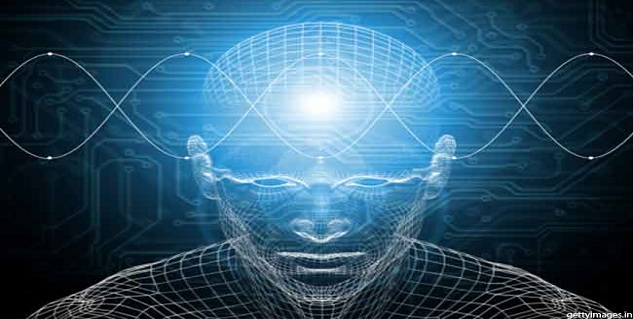
Your Internal Clock Affects Your Health
Do you live by the clock, checking your watch so you’re not late for work, school or appointments? While you struggle to stay on time for your daily activities, your body has its own internal clock. This biological clock helps you feel alert at work, hungry at mealtime and drowsy at night. When your internal clock is out of whack, your health can suffer.
Scientists have long known that the human body has daily rhythms, called circadian rhythms (circadian is Latin for “around a day”). These natural rhythms are coordinated by a tiny region in your brain. This “master clock” generally operates on a 24-hour cycle, and it adjusts to several cues in your surroundings. The most important cue is light and darkness.
During the day, when it’s light outside, the brain’s master clock sends out signals to other brain regions to make hormones that will help keep you awake, boost your heart rate and give you energy. In the evening, when less light enters your eyes, the master clock triggers production of a hormone called melatonin. Melatonin makes you feel drowsy and helps you stay asleep.

The brain’s clock affects various body functions, including body temperature, hormone levels, urine production and blood pressure.
“Many processes are patterned around a 24-hour cycle: sleeping, eating, waking, drinking and even health-related events,” says Dr. Martha Gillette, a scientist at the University of Illinois at Urbana-Champaign. For instance, she notes, heart attacks are more likely to occur early in the morning, when the level of a hormone called cortisol starts its daily rise. Time of day has also been shown to influence the effectiveness and side-effects of certain drugs.
When you fight against your circadian clock and your activities take you out of sync with day and night, your health may suffer. The schedules of shift workers who must be on the job after the sun goes down are at odds with their biological clocks. These people often find themselves sleepy at work. They may also have trouble falling or staying asleep during daylight hours after work. Studies show that shift workers have increased risk for heart disease, digestive disturbances, cancer and other health problems.
Another less severe disruption of the circadian clock is jet lag. It’s caused by traveling across time zones. Jet lag is usually more severe for eastbound travelers, because their days are shortened and the brain has more trouble adjusting to a shorter day than a longer one. Some studies suggest that taking melatonin pills just before bedtime may help jet-lagged travelers adjust to new time zones. But the scientific evidence for using melatonin to treat sleep disorders is still unclear.
In recent years, researchers have discovered that circadian activities are far more complicated than they’d ever expected. Inside our cells, clock genes and proteins keep each cell running on a near-24-hour schedule. “Every single cell that we’ve looked at in the body has a clock inside of it,” says Gillette. “Cellular timekeeping is a molecular dance, and it’s very complicated.”
Researchers continue to explore exactly what makes our biological clocks tick. The answers they find may eventually lead to new treatments for sleep disorders, jet lag and other health problems.
Keep Your Inner Clock On Track
- Stick to a regular sleeping schedule.
- Avoid caffeine and cigarettes late in the day, and don’t drink alcohol to help you sleep
- Get rid of light and sound distractions in your bedroom
- Don’t exercise within 2 hours of bedtime. It may delay the release of melatonin
Read more articles on Exercise and Fitness.
For more articles, Download OnlymyHealth App.
How we keep this article up to date:
We work with experts and keep a close eye on the latest in health and wellness. Whenever there is a new research or helpful information, we update our articles with accurate and useful advice.
Current Version